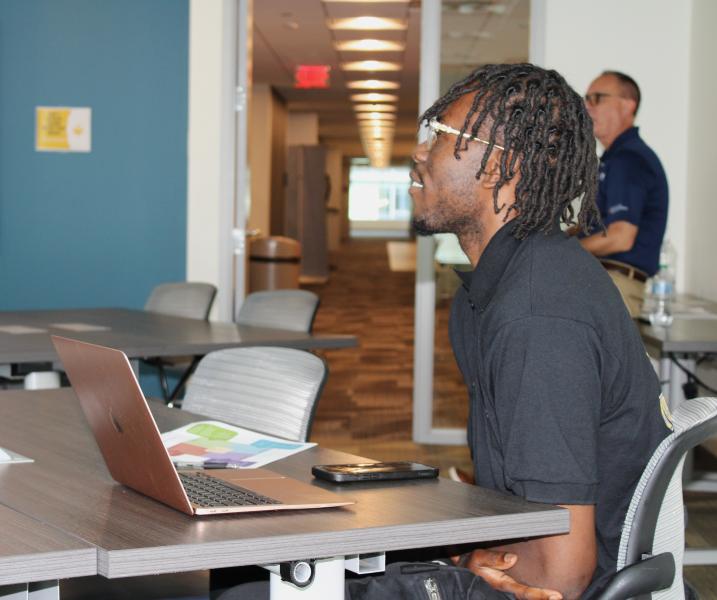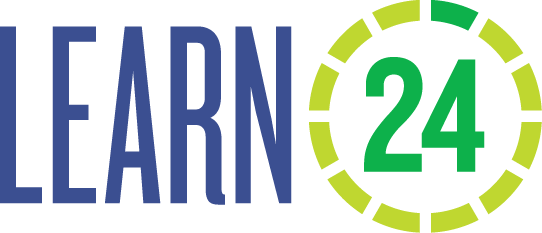The Youth Development Training Series are two and a half hour courses that are foundational for anyone working with youth. The series highlights the need for youth workers to use an asset-based approach when working with youth and focus on the goals of preparation and development rather than prevention, deterrence and deficit reduction. These interactive and hands-on courses provide participants with practical skills that are geared towards improving the quality of interactions with youth.
 Introduction to Youth Development
Introduction to Youth Development
- Learn about the principles and concepts of youth development. Participants will explore current research regarding the impact of adolescent brain development on the formation of personal identity. This workshop is a prerequisite for all other workshops in the Youth Development series.
Developmental Youth Outcomes
Youth need positive developmental experiences. Participants will learn how to integrate a specific focus on developmental outcomes into programs and organizations and be able to articulate the implications of defining youth outcomes using the developmental approach. Participants will learn about the effects of brain development within developmental youth outcomes.
Services, Opportunities and Supports (SOS)
Youth workers provide opportunities, supports, and services to children and youth to reach developmental outcomes. Learn the differences between these and methods to create positive environments that encourage youth development. Participants will explore current adolescent brain research to identify strategies that are effective in remediating health risk behaviors and supporting positive developmental outcomes.
Core Competencies of Youth Workers
Core Competencies are the knowledge, skills, and personal attributes youth workers need to work effectively with young people. Participants will examine the core competencies needed in quality youth development programs.
Cultural Assumptions from Adultism to Caring
Participants will be able to identify common cultural assumptions about young people and how these assumptions play out in practice. Participants will be able to identify five forms of adultism that affect young people on a daily basis and identify alternative “caring” behaviors to counteract adultism.
Best Practices of Youth Development
Participants will identify and assess best practices that reflect exemplary youth work and the understanding of youth engagement. Participants will develop strategies for increasing youth participation that fosters the youth’s growth in emotional, spiritual, empathy, compassion, and sense of community. Participants will understand the differences between youth as objects, recipients and/or as resources, and learn how and when to elevate youth participation.

